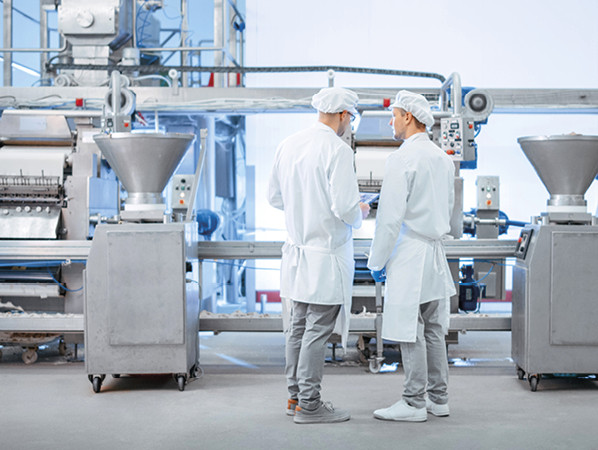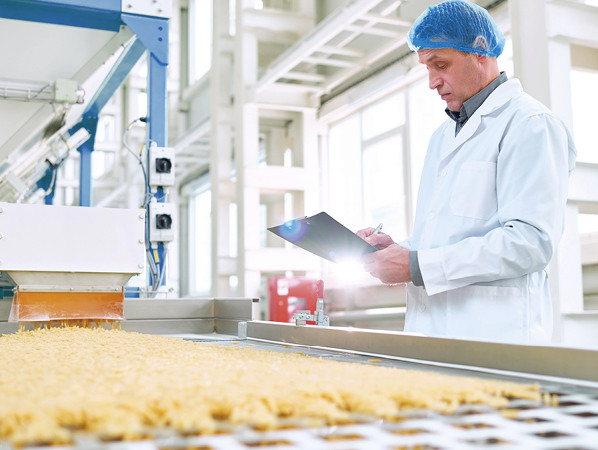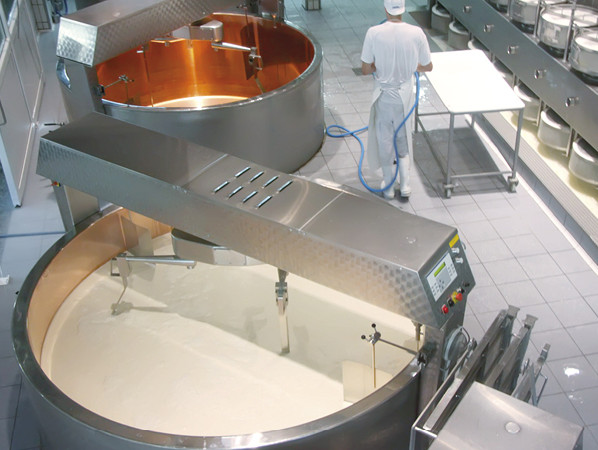
Machines that can be cleaned properly are a primary requirement for preventing problems and guaranteeing food safety. How do you choose the best suitable machine for the job? ABB's white paper "Food Safety" helps companies along.
Manufacturers in the food industry want to be able to carry out cleaning efficiently and thoroughly. Smooth, round or sloping surfaces are therefore preferable in order to prevent the accumulation of liquids or products. The products used must also comply with the appropriate classifications and certifications. The input of machine builders, OEMs and system integrators is of great value in this respect.
But consumers' food preferences are also constantly changing. This requires special attention for machines and systems used in the food industry.

Machines and systems for the food industry must not only be safe and flexible, they must also meet the high demands of food safety under all circumstances. Therefore, companies, OEMs and system integrators in the food industry are subject to extensive laws and regulations. After all, whatever is not listed on the label, should not be present in the product. In addition, chemical hazards, microbiological hazards and physical hazards are distinguished.
Food processors are also obliged to draw up a HACCP plan and take account of EHDG. These identify hazards and indicate how the associated risks are controlled. For food safe machines too, special requirements are set for the (safety) components that are used. A balanced mix of design, functionality, configuration and accessibility is combined with the use of the right materials and components. The EHEDG guidelines also apply to this. These prescribe, for example, how machines and components must be protected against liquid and dust and must offer protection against condensation and corrosion in harsh environments. If the applications are in explosive environments or special requirements are set for durability, there are additional conditions that must be taken into account.

The step-by-step plan as well as the requirements that an end customer must take into account when it comes to food safety and the significance of EHEDG, HACCP and other laws and regulations for your processes are summarised in the Food Safety white paper. Want to know more about a food safe production environment? Download the white paper "Food Safety" here.
The "Food Safety" white paper is a fine example of ABB's solutions and expertise for food-safe production environments. As an innovative technology partner we work closely together on machines, systems and solutions that are not only safe and flexible, but also meet strict food safety requirements.
Source: ABB